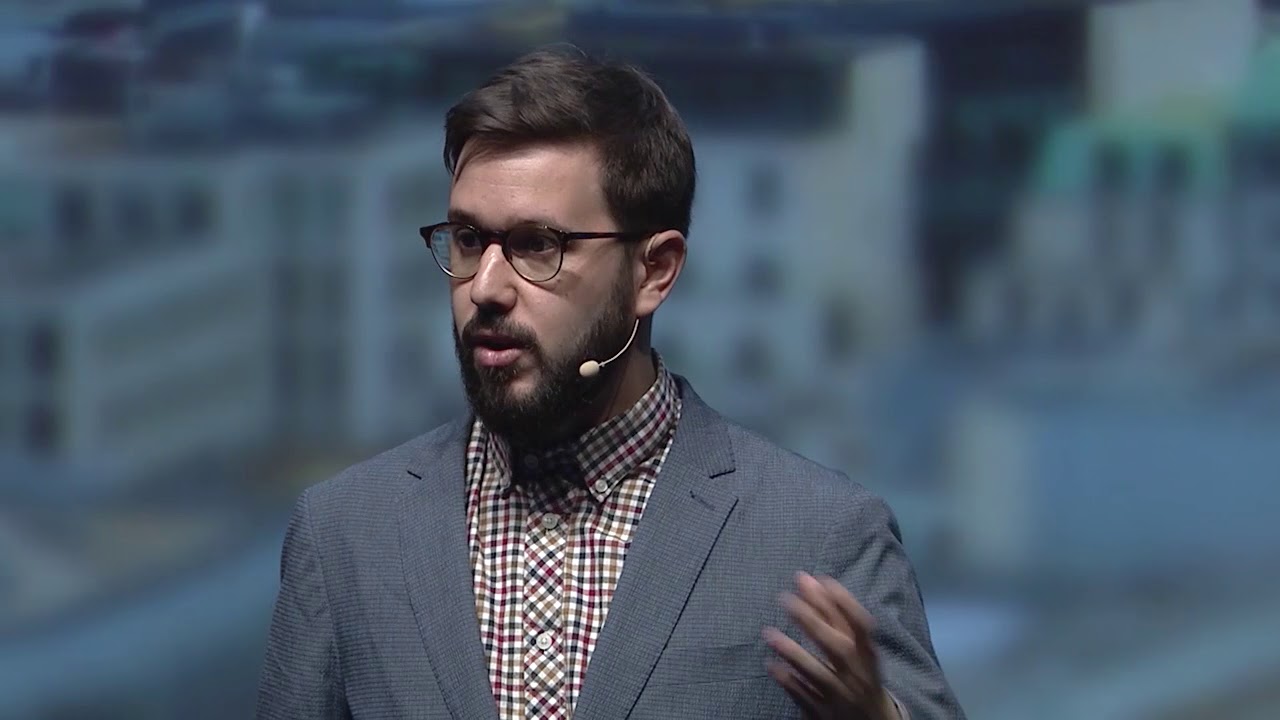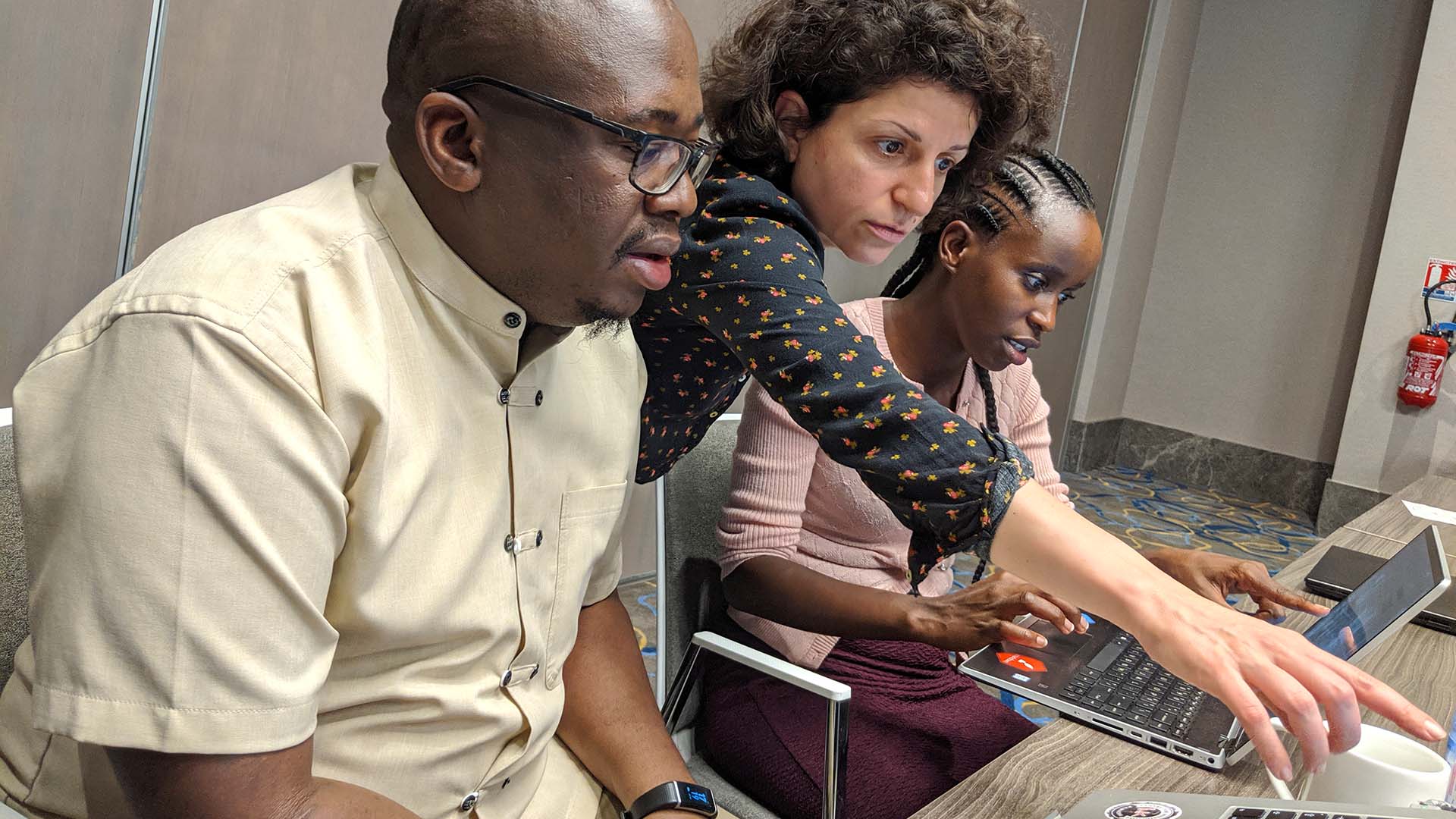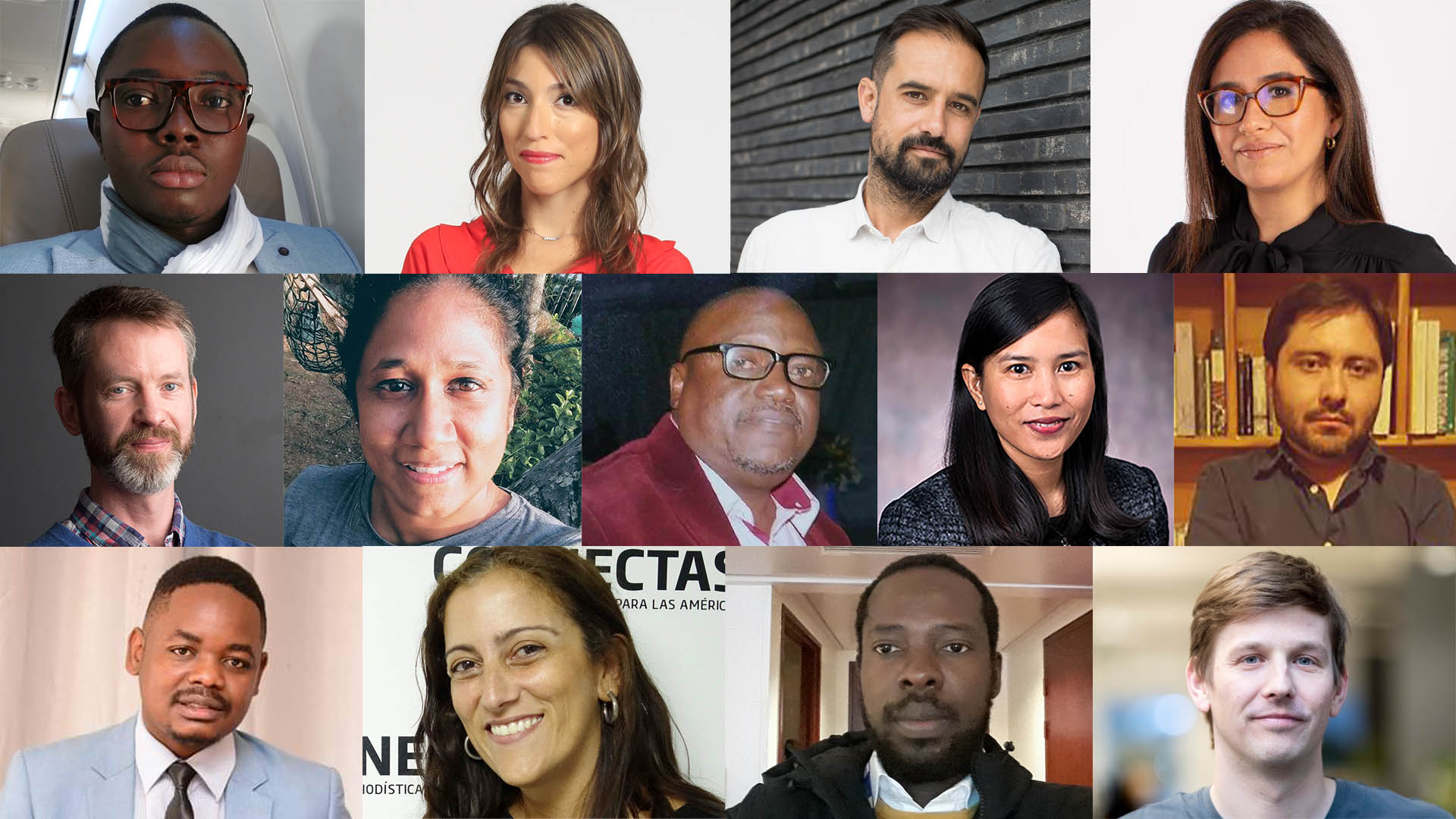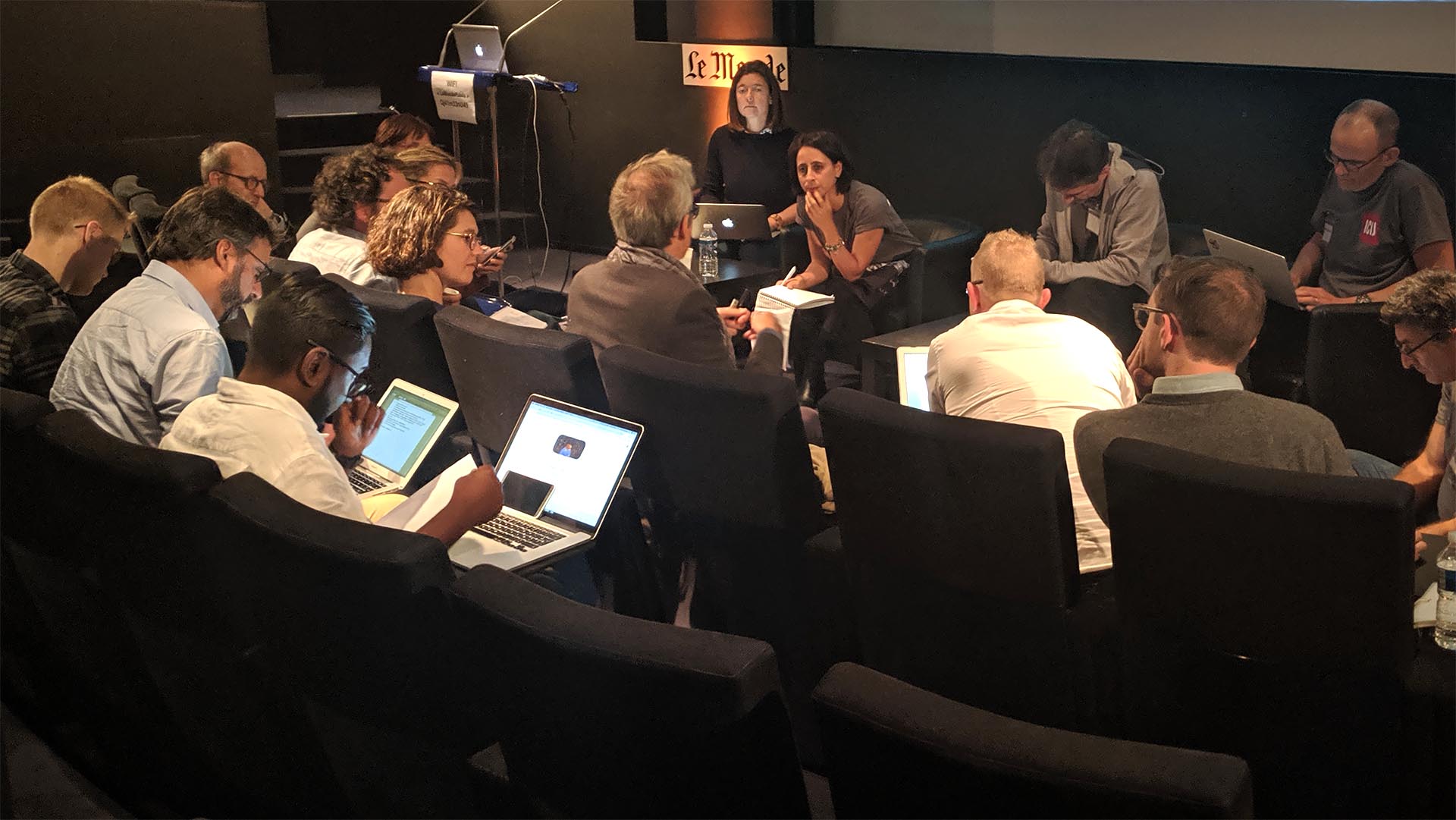What’s it like to work on an investigation for 12 months or more? What does it take to process and analyze millions of documents and help reporters access, search and find the stories hidden within? How does the International Consortium of Investigative Journalists use donations to power its groundbreaking reporting?
In a recent survey, ICIJ’s readers and supporters told us they want to know more about how we work, and how their generosity helps us tell stories that change the world. Our team is our biggest asset at ICIJ, so we’re taking you behind the scenes of their day-to-day to find out what exactly goes into huge investigations like the Panama Papers, FinCEN Files and more.
Meet team member Pierre Romera
Title: Chief technology officer
Location: France
Key team stat: $20,000. The average cost to ingest a leaked dataset and make it searchable for reporters. Ongoing analysis of the dataset can cost thousands more in server expenses every month.
What are your core duties for ICIJ?
ICIJ is a tech centric news organization, we put technology everywhere because we believe that’s what enables us to coordinate massive investigations that wouldn’t be possible otherwise. My core duties are to help set up all platforms that we use, Datashare, our platform we use to search for documents, I-Hub, our digital newsroom, and all the ad hoc platforms we create for the investigations and each leaked dataset.
My team also spends a lot of time doing initial data assessments for all the documents: Extracting data from the documents, ensuring it’s available for the data and research team, and that everything is well structured so they can work. We need to think way before the stories, in terms of what would be the most flexible way to explore the data so we can use it for every story.
I also spend a lot of my time working on security for ICIJ. Security of all the platforms, and the security of all the users – our reporters and our partners, and our anonymous sources.
Can you give us an insight into your day-to-day work?
Start the day with a meeting with the team since we’re all in different countries and cities — this is where we decide what we’re going to do each day and go over any questions from the day prior. Then I spend a lot of time coding and assisting my team with their own codes, making sure what is produced by my team follows a certain quality standard and functionality.
I also always ensure that I am checking the ongoing stories on a daily basis. I believe our technology works well and is tailored to our investigations but we’re always trying to make sure our work functions well for our partners and changes with what they need.
What’s one of the more unique aspects of the work you do with ICIJ, that people might not know about?
First unique thing — all the technology we use is hosted on our servers for confidentiality reasons and because we want to protect our sources. That requires a lot of work both to create the technologies and to maintain them. Our communication platforms require frequent updates and security audits and, because it’s on our own servers, it’s expensive. Setting up a new service is more than just setting up the server, it’s also maintenance and dealing with backups, security improvements, and so on.
Second — the cost of document indexing and data analysis might surprise some people. Ingesting a dataset and putting it on Datashare can involve running a lot of servers simultaneously. And, because we do not want to miss anything, we often complete this operation multiple times, costing anywhere up to $15,000 in server costs alone, just to process a single leaked dataset. When it’s done, sometimes we need to perform analysis over the data – taking the text and putting it in a place where it can be searched easily . This analysis requires us to create a lot of additional data, and can add up to $6,000 a month to our infrastructure bill. This doesn’t even account for the staff hours that go into setting up and managing these operations. Our work is very resource intensive — but also worth it.
Collaboration is an example of how technology can really enhance journalism. Journalists are not really used to sharing, but ICIJ helps them change the way they work, and I thought that was really inspiring.
What was it about ICIJ that first attracted you to this job?
Initially, I’m a developer. I’ve always been passionate about developing websites but since I started to work 12 years ago I have always worked with journalists. My first job was in a newsroom and I never stopped working with journalists since then. For a few years, I had my own company and tried to experiment many ways using technology with journalism, and I am a strong believer that technology really brings a lot to journalism.
When I came to ICIJ, it was offering cross border collaboration at a size no one had accomplished before. Cross-border collaboration is an example of how technology can really enhance journalism. Journalists are not really used to sharing, but ICIJ helps them change the way they work, and I thought that was really inspiring. That’s what excited me about ICIJ.
What are some goals you hope to achieve with ICIJ?
ICIJ created the biggest trove of documents that can exist within a news organization. If you join all the documents of our investigations, this is beyond imagination – 60 million files on our servers. A goal for ICIJ is to be able to create new investigations but also continue to dig into this massive trove of documents we have and be able to build stories with the documents already in our archive.
We are also one of the best places to innovate around journalism because we are very independent and our only focus is producing stories that rock the world, change things. When you combine that with technology you can really use it to break the world.



